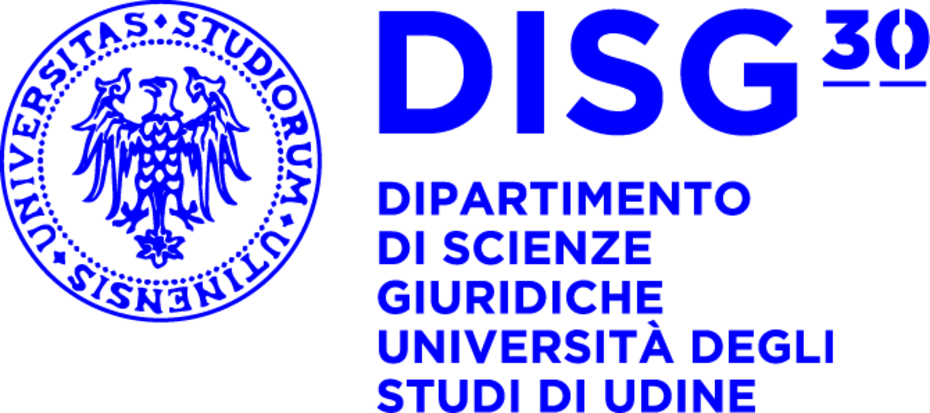
UNIVERSITY OF UDINE
DEPARTMENT OF LEGAL SCIENCES
Normativity Reserach Group
Reserach Project “Practical Rationality,
Normativity, Interculturality:
Foundations and Methods of the
Social Sciences”,
Department of Legal Sciences
Strategic Plan - 2022-2025

Consuetudo. Thomas Aquinas on Common Practices and the Foundations of Normativity
Conference
September 29th-30th, 2025
Department of Legal Sciences - University of Udine (Italy)
Conference Program
September 29th 2025, Venue: Rosazzo Abbey (Corno di Rosazzo, Udine)
9.00
Greetings from Silvia Bolognini
Director of the Department of Legal Sciences, University of Udine
Introduction and Chairperson: Gabriele De Anna (University of Udine, Project Coordinator)
Thérèse Scarpelli Cory (University of Notre Dame, USA)
Species in Habitu vs. Intellectual Habits?: Light, Memory, and Scientific Knowledge in Aquinas
Luca Gili (University of Chieti, Italy, and University of Vilnius, Lithuania)
Why Some Think Faster: Aquinas on Intelligence
Daniel De Haan (Oxford University, UK)
Discerning the Natural Law via Phronesis: How can Plain Persons Vindicate, Revise, or Reject their Consuetudines?
13:00
Lunch
14:30
Chairperson: Manuele Dozzi (University of Udine)
Paul O’Grady (Trinity College Dublin, Ireland)
Aquinas and Wittgenstein on Habits and Customs
Tom Angier (University of Cape Town, South Africa)
What is Custom and What is its Value?
Matteo Negro (University of Catania, Italy)
Consuetudo, second nature, and practical rationality
20.30
Conference concert
The University of Udine Symphony Orchestra at Rosazzo Abbey.
Music by Bach, Baermann, Marcello and Mozart
Conductor: Maestro Davide Pitis
Solists: Anna Piani and Giovanni Freschi (violins), Francesco Savonitto (oboe) and Mario Zanette (clarinet)
September 30th 2025, Venue: Auditorium, Department of Legal Sciences (Udine)
9.30
Greetings
Angelo Montanari
Rector of the University of Udine
Elvio Ancona
University of Udine, Coordinator of the Normativity Reserach Group
Chairperson: Andrea Tabarroni (University of Udine)
Tobias Hoffmann (Sorbonne University, Paris, France)
Are Individual Prudence, Household Prudence and Political Prudence Specifically the Same Virtue? Thomas Aquinas, Godfrey of Fontaines, and John of Pouilly on the Kinds of Prudence
Matthias Perkamns (University of Jena, Germany)
Imagination and the Intelligence of Animals in Albert the Great and Thomas Aquinas
Luca Tuninetti (Urbanian Univesity of Rome, Italy)
Inventio and disciplina. Two ways to acquire knowledge according to Thomas Aquinas
13:00
Lunch
14:30
Chairperson: Giulia Codognato (University of Udine)
Marco Vorcelli (University of Padua, Italy)
Gutta cavat lapidem. Albert the Great, Consuetudo, and the Via to Being Good
Michele Saracino (University of Turin, Italy)
Prius addiscere logicam. On the Transmission of Knowledge According to Aquinas
Hagos Woldeselassie Fissuh (Gregorian University of Rome, Italy)
Bad Custom Cannot Become Law: Thomas Aquinas and Contemporary Debates on Customary Law Abstract
Scientific Organisation
Gabriele De Anna
Giulia Codognato
Further Information:
Shuttles between Udine and the Rossazzo Abbey will be arranged. Those interested in having places in the shuttles are kindly requested to book well in advance by writing to the organisers.
For any question, please write to the organisers at normativity(at)uniud.it.
